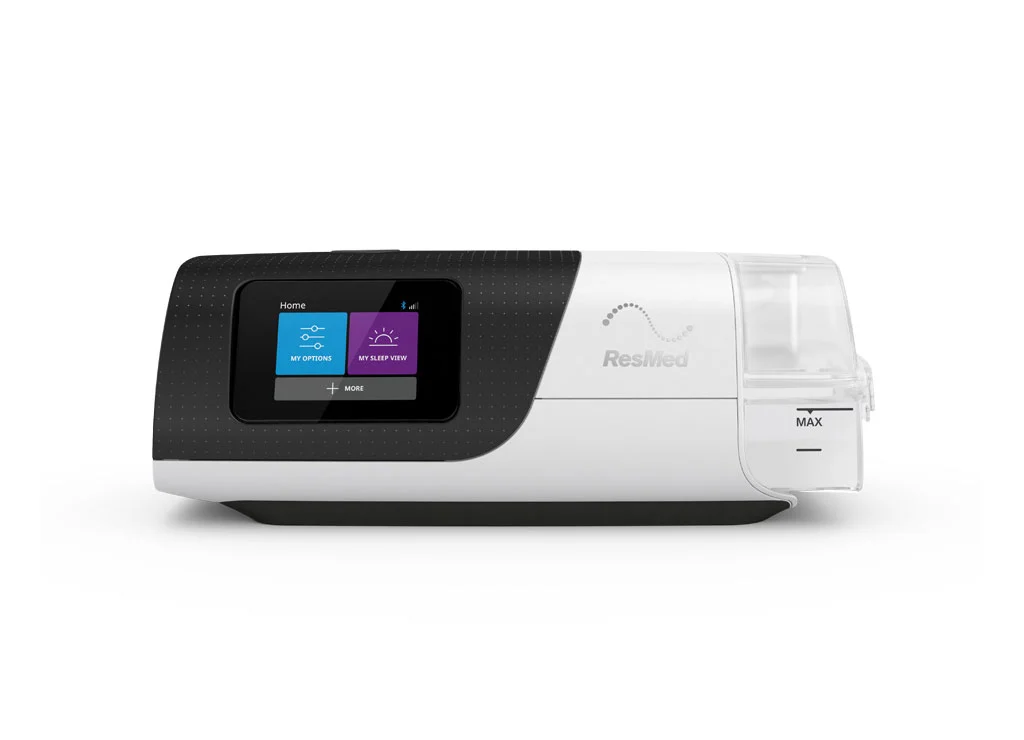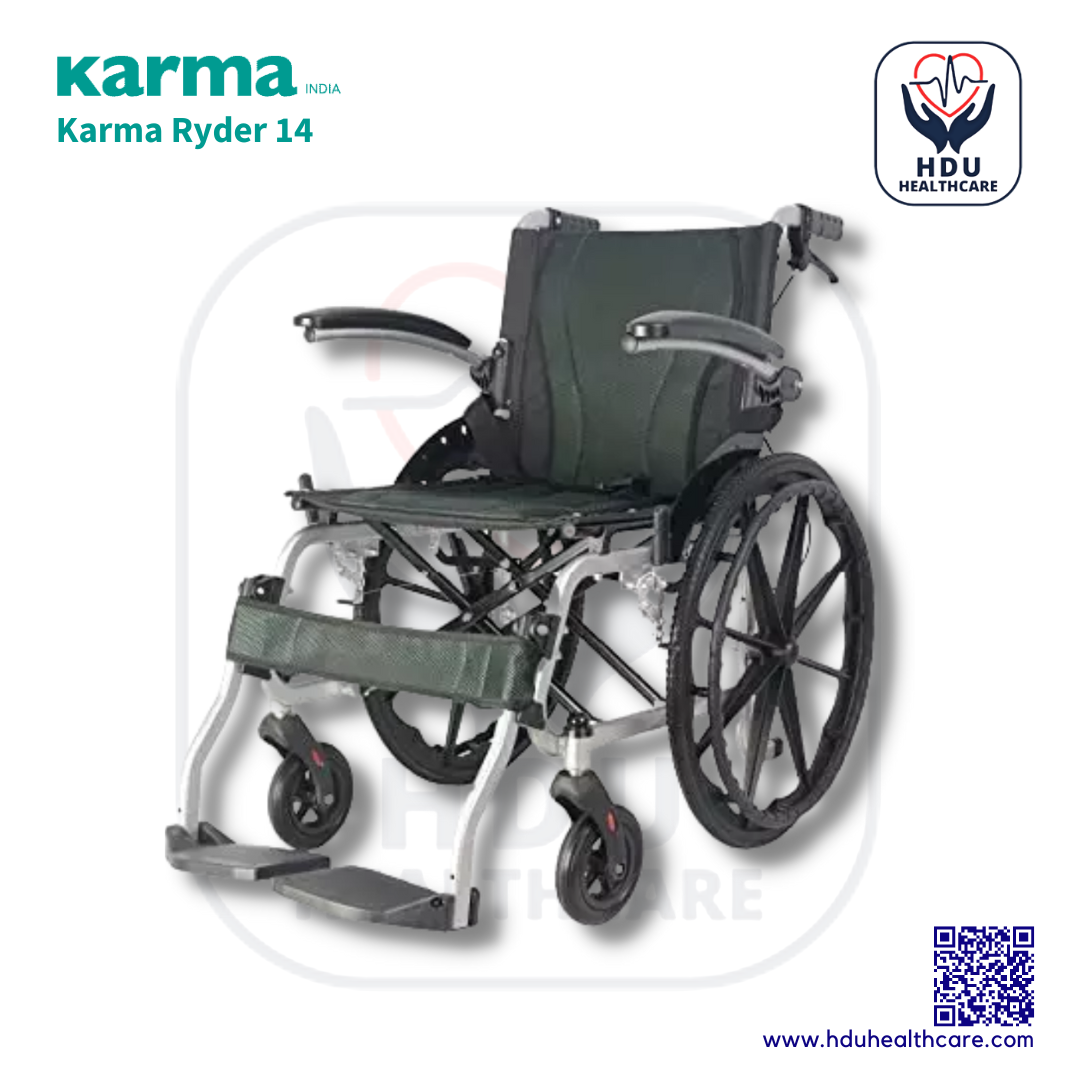Understand the key difference between BiPAP and CPAP machines. Learn which is better for sleep apnea, COPD, or breathing support at home. Expert guide by HDU Healthcare.
If you or a loved one has been diagnosed with sleep apnea, COPD, or another respiratory condition, you’ve likely come across the terms CPAP and BiPAP. Both are non-invasive ventilation devices that help patients breathe better, especially during sleep — but they are not the same.
At HDU Healthcare, we help you understand your equipment options so you can make informed choices about your health. Let’s break down the differences between BiPAP and CPAP machines and how to choose the one that suits your condition best.
What Is a CPAP Machine?
CPAP stands for Continuous Positive Airway Pressure.
It delivers a constant, steady flow of air pressure through a mask to keep the airways open — especially helpful for people with obstructive sleep apnea (OSA).
✅ CPAP is ideal for:
Mild to moderate obstructive sleep apnea
Snoring caused by airway collapse
Patients who can tolerate a single pressure setting
What Is a BiPAP Machine?
BiPAP stands for Bilevel Positive Airway Pressure.
Unlike CPAP, BiPAP machines provide two levels of pressure:
Higher pressure when inhaling (IPAP)
Lower pressure when exhaling (EPAP)
This makes breathing easier and more comfortable, especially for patients with weaker respiratory muscles.
✅ BiPAP is ideal for:
Moderate to severe sleep apnea
COPD (Chronic Obstructive Pulmonary Disease)
Obesity hypoventilation syndrome
Patients with neuromuscular disorders
Those who find CPAP uncomfortable
🔍 Key Differences Between CPAP and BiPAP
| Feature | CPAP | BiPAP |
|---|---|---|
| Pressure Setting | One continuous pressure | Two pressures (inhalation & exhalation) |
| Comfort | May be uncomfortable for some users | More comfortable, easier to breathe out |
| Use Cases | Obstructive Sleep Apnea | Complex sleep apnea, COPD, neuromuscular issues |
| Cost | More affordable | More expensive |
| Technology | Simpler | Advanced with more modes (like ST mode) |
How to Choose Between BiPAP and CPAP?
Your doctor or sleep specialist will recommend the right device based on:
Your diagnosis (e.g. OSA vs central sleep apnea)
Severity of your condition
Breathing test or Polysomnography results
Comfort and mask tolerance
💡 Pro Tip: If CPAP causes discomfort or difficulty exhaling, a switch to BiPAP can greatly improve sleep quality and therapy compliance.
📞 Still Confused? Talk to Our Respiratory Care Experts
📞 Call us at 9560089955 or
🌐 Visit https://hduhealthcare.com to speak with our medical equipment consultants.




